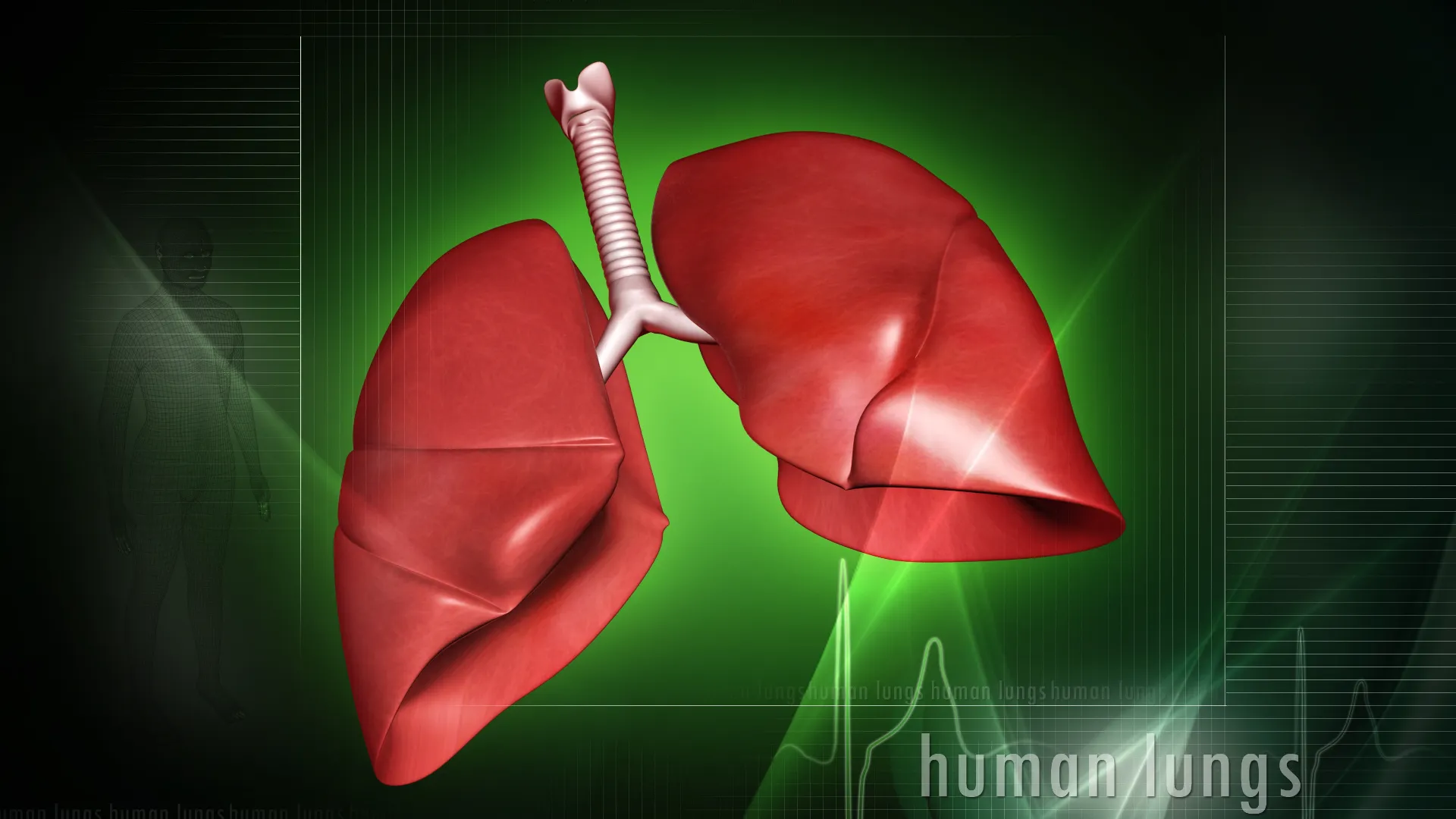Pericardial mesothelioma, a rare form of cancer, affects the protective lining around the heart called the pericardium. Understanding the causes, symptoms, and treatment options for pericardial mesothelioma is crucial for those at risk. In this comprehensive guide, we will delve into the overview, diagnosis, and prognosis of pericardial mesothelioma, as well as the available support and resources for patients. Stay informed about this condition and its impact on individuals and their loved ones.
An Overview of Pericardial Mesothelioma
Pericardial mesothelioma is a rare and aggressive form of cancer that affects the pericardium, the protective lining around the heart. It is caused by exposure to asbestos, a mineral once widely used in various industries. Here’s an overview of this specific type of mesothelioma:
- Rare Occurrence: Pericardial mesothelioma accounts for only 1-2% of all mesothelioma cases, making it the rarest form of the disease.
- Asbestos Exposure: The primary cause of pericardial mesothelioma is the inhalation or ingestion of asbestos fibers, which can become lodged in the pericardium, leading to the development of cancerous cells.
- Challenges in Diagnosis: Diagnosing pericardial mesothelioma can be particularly challenging due to the location of the tumor around the heart. As a result, it is often diagnosed at later stages when treatment options may be more limited.
- Aggressive Nature: Pericardial mesothelioma tends to be more aggressive compared to other forms of mesothelioma, largely due to its proximity to vital organs such as the heart.
- Limited Treatment Options: Due to its rarity and challenging location, treatment options for pericardial mesothelioma may be more limited. However, advancements in medical research have led to innovative treatment approaches aimed at improving patient outcomes.
Overall, pericardial mesothelioma presents unique challenges in terms of diagnosis and treatment, making it crucial for individuals with a history of asbestos exposure to undergo regular medical screenings for early detection and intervention.
Understanding the Causes and Risk Factors
Pericardial mesothelioma, a rare and aggressive form of cancer, is primarily caused by exposure to asbestos. Asbestos is a mineral fiber that was once widely used in various industries due to its heat resistance and insulating properties. When asbestos fibers are inhaled or swallowed, they can become lodged in the lining of the heart (pericardium), leading to the development of pericardial mesothelioma.
Causes of Pericardial Mesothelioma
- Asbestos Exposure: Direct or indirect exposure to asbestos fibers is the primary cause of pericardial mesothelioma. This exposure can occur through occupational contact in industries such as construction, mining, insulation manufacturing, and automotive work, or through secondary exposure from contaminated clothing or materials brought home from work.
Risk Factors for Pericardial Mesothelioma
- Occupational Exposure: Individuals working in high-risk occupations with known asbestos exposure have an increased risk of developing pericardial mesothelioma.
- Secondary Exposure: Those living with individuals exposed to asbestos or residing near asbestos mines or manufacturing plants are also at risk.
- Duration of Exposure: Prolonged or repeated exposure to asbestos fibers increases the likelihood of developing pericardial mesothelioma.
